Navigating the complex world of business law can feel overwhelming. With ever-changing regulations and legal requirements, understanding the nuances of EPGD business law is crucial for entrepreneurs and established businesses alike. I’ve seen firsthand how a solid grasp of these legal principles can make or break a company’s success.
EPGD business law encompasses a wide range of legal issues, from contracts and liability to compliance and dispute resolution. Whether you’re launching a startup or managing a corporation, knowing how to protect your interests is essential. In this article, I’ll explore key aspects of EPGD business law and share insights that can help you navigate this vital area with confidence.
Key Takeaways
- Understanding EPGD Business Law is Essential: Familiarity with EPGD business law helps entrepreneurs and established businesses navigate legal complexities and protect their interests effectively.
- Key Components Include Contracts and Employment Law: Important areas of EPGD business law encompass contracts, employment law, and intellectual property, each vital for securing a firm’s operations and assets.
- Legal Protection Mitigates Risks: A solid grasp of EPGD business law provides legal protection, minimizes liability exposure, and enhances compliance with regulations.
- Enhanced Operations Drive Success: Knowledge of business law can lead to improved contract negotiations, better employee relations, and operational efficiencies, providing a competitive edge.
- Stay Informed on Legal Changes: Continuous monitoring of regulatory updates and industry-specific laws is crucial to maintain compliance and adapt to the evolving legal landscape.
EPGD Business Law
EPGD business law encompasses essential legal principles vital for navigating the landscape of entrepreneurship and established business operations. Understanding this area aids in addressing various legal complexities effectively.
Definition and Scope
EPGD business law refers to the body of laws governing various aspects of business operations, including regulations on contracts, liability, compliance, and dispute resolution. Each element plays a crucial role in ensuring businesses operate within legal frameworks while protecting their interests. The scope extends from formation and operation to dissolution and includes industry-specific regulations that affect business activities.
Importance in the Business Context
A solid grasp of EPGD business law enhances decision-making and mitigates risks associated with legal compliance. Companies that understand these laws benefit from improved contract negotiation, reduced liability exposure, and effective dispute management. Additionally, staying informed about legal obligations fosters competitive advantage, as it allows businesses to adapt and thrive in changing regulatory environments.
Key Components of EPGD Business Law
EPGD business law encompasses several critical areas vital for successful operation. Understanding these components helps businesses navigate legal complexities with confidence.
Contracts and Agreements
Contracts and agreements form the backbone of EPGD business law. They establish the terms and conditions for transactions and partnerships between parties. I recognize the necessity of clear contract language to avoid disputes and ensure compliance. Key elements include offer, acceptance, consideration, and mutual consent. Businesses benefit from written contracts in various situations, such as sales agreements, service contracts, and non-disclosure agreements. Each contract must comply with applicable laws to be enforceable, thereby safeguarding interests.
Employment Law
Employment law governs the relationship between employers and employees, covering aspects like hiring, workplace safety, and termination. I focus on understanding employment contracts, wages, working hours, and employee rights under local, state, and federal laws. Compliance with employment regulations, including the Fair Labor Standards Act and the Occupational Safety and Health Administration guidelines, is crucial. Businesses that prioritize fair employment practices reduce the risk of litigation and enhance employee satisfaction, which ultimately drives productivity.
Intellectual Property
Intellectual property (IP) laws protect creations of the mind, ranging from inventions to brand names. I emphasize the significance of obtaining patents, trademarks, and copyrights to secure unique business assets. Proper registration and enforcement of IP rights prevent unauthorized use and promote innovation. Understanding the implications of IP infringement allows businesses to safeguard their competitive edge in the market. I find that organizations that effectively manage their intellectual property contribute to long-term success and brand credibility.
Benefits of Understanding EPGD Business Law
Understanding EPGD business law offers multiple advantages that can significantly impact business security and performance. It serves as a foundation for informed decision-making and operational efficiency.
Legal Protection for Businesses
Legal protection is a primary benefit of grasping EPGD business law. Knowledge of relevant laws and regulations helps safeguard against potential lawsuits and compliance issues. Companies that understand their legal obligations can create policies that minimize liability. For example, implementing robust contracts limits exposure to disputes and fosters positive relationships with clients and suppliers. Moreover, understanding intellectual property laws prevents unauthorized use of unique business assets, enhancing brand protection and market value.
Enhanced Business Operations
Enhanced business operations arise from a solid understanding of EPGD business law. Familiarity with regulatory requirements streamlines compliance processes, reducing the risk of penalties. For instance, businesses that comprehend employment law ensure fair treatment of employees, boosting morale and productivity. Understanding contract law further improves negotiation outcomes, securing favorable terms. Ultimately, effective legal knowledge leads to increased efficiency and a competitive edge in a constantly evolving marketplace.
Challenges in EPGD Business Law
EPGD business law presents various challenges that can impact operations and risk management. Addressing these obstacles requires vigilance and a proactive approach.
Common Legal Pitfalls
Common legal pitfalls in EPGD business law can jeopardize a business’s operations and reputation.
- Contract Misinterpretations: Ambiguities in contract language can lead to disputes. Ensuring clarity in terms and conditions prevents misunderstandings.
- Liability Issues: Companies may face liability claims if their risk exposure isn’t properly managed. It’s essential to conduct regular assessments and implement risk mitigation strategies.
- Employee Misclassification: Mislabeling employees can result in significant legal penalties. Adhering to labor classification regulations ensures compliance and protects against lawsuits.
- Lack of Intellectual Property Protection: Failing to secure intellectual property rights can allow competitors to exploit unique business assets. Registration of patents and trademarks is vital for safeguarding innovations.
Navigating Compliance Issues
Navigating compliance issues in EPGD business law demands continuous monitoring and adaptation.
- Regulatory Changes: Regulations are subject to frequent updates. Staying informed about changes ensures ongoing compliance and minimizes risk.
- Industry-Specific Regulations: Different industries face unique regulations. Tailoring compliance strategies to specific industry requirements is crucial for legal adherence.
- Cross-Border Operations: Businesses operating internationally encounter diverse legal frameworks. Understanding international laws and regulations helps avoid compliance violations.
- Documentation Requirements: Inadequate record-keeping can lead to non-compliance. Maintaining detailed documentation of operations enhances transparency and supports compliance efforts.
By addressing these common pitfalls and effectively navigating compliance challenges, businesses can minimize risks and enhance their operational resilience within the EPGD legal framework.
Complexities of Legal Regulations
Grasping EPGD business law is essential for any entrepreneur or established business. It empowers me to make informed decisions while navigating the complexities of legal regulations. By understanding contracts, compliance, and intellectual property, I can protect my business and enhance operational efficiency.
The challenges within this legal framework can seem daunting. However, staying proactive and informed helps me mitigate risks and avoid common pitfalls. Embracing the principles of EPGD business law not only safeguards my business but also positions it for growth in a competitive landscape. Ultimately, a solid legal foundation is key to thriving in today’s dynamic marketplace.



